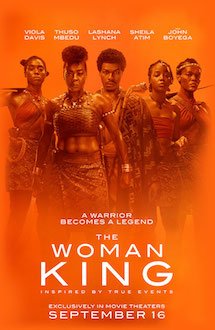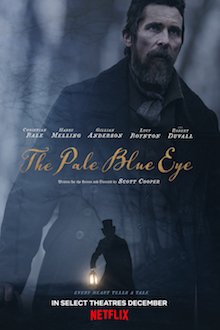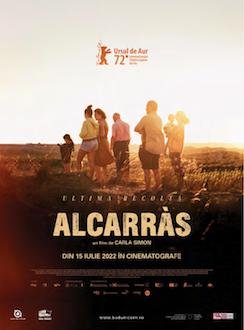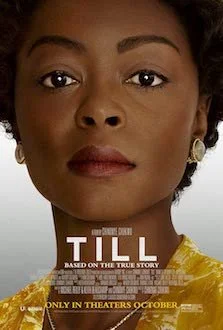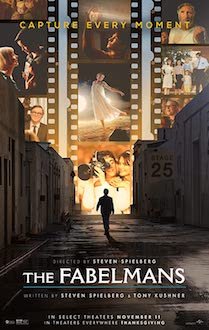Direction: Damien Chazelle
Country: USA
Suffused in eccentricity and delusional grandeur, Babylon is a product of writer-director Damien Chazelle’s creativity. The film, working both as a love letter to cinema and a fierce disapproval of its excesses, is the result of 15 years of research, conveying an unrefined, buffoonish vision of the transition from silent to sound film in the late ’20s.
Shot in anamorphic format (35 mm), this technically stunning exertion boasts a curious, rambunctious point of departure, but Chazelle's intentions and energy slowly rots along the way, taking the audience to exhaustion well before the end. The director of Whiplash (2014) and La La Land (2016) is more interested in shocking than providing a finely structured story. His complacent Hollywood pastiche flirts with sparkling euphoria and wild scenarios, taking good advantage of feverish jazz music and staging intensity. But if the surface shines here and there, then the interior borders the grotesque.
Brad Pitt, Margot Robbie and the charismatic Diego Calva are not responsible for the failure of a movie that competes and loses against the sweetness and elegance of Spielberg’s The Fabelmans. It’s also a weirder and more mundane beast than Ostlund’s ostentatious satire The Triangle of Sadness (a rival for the best puking moments); and a less clever, more pompous option than Tarantino’s Once Upon a Time… in Hollywood. There’s nothing personal or profound in this messy imagination of the early movies; it’s just a spectacle reduced to tics and gimmicks.



